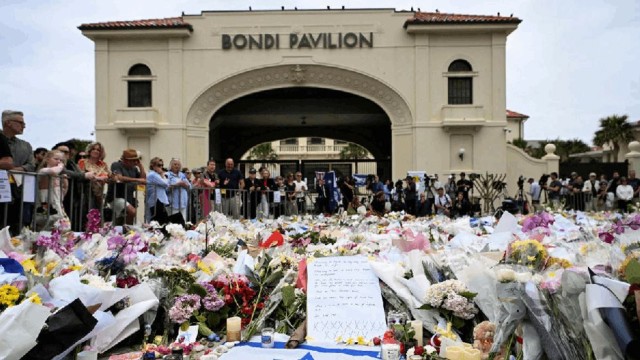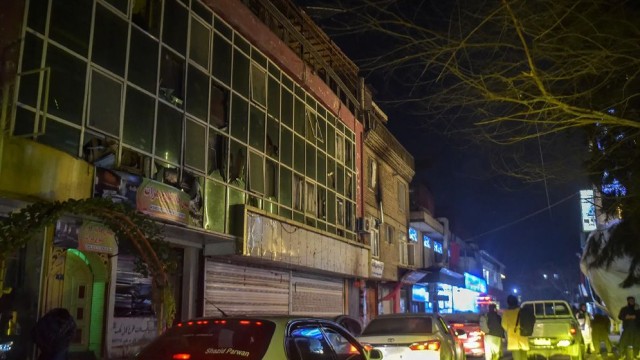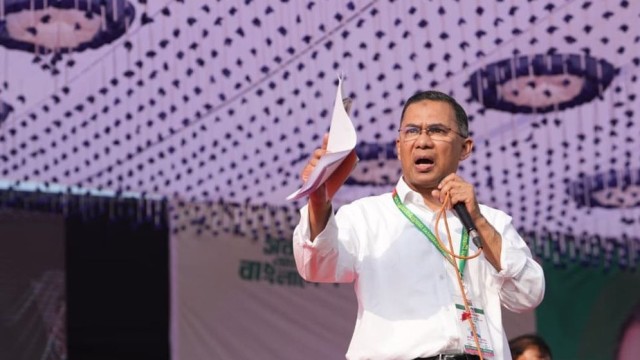Tehran, July 29- Iran remains the steadfast ally of Palestine in the Middle East, particularly evident in its involvement in the Gaza conflict. This alliance has been reinforced through cooperation with groups like Hamas, Hezbollah in Lebanon, Iraqi-Syrian militias, and Yemen's Houthis, forming a collective resistance against Israel. Consequently, Iran and Israel are entrenched adversaries.
Iran's support for Palestine makes it a significant threat to Israel, which seizes every opportunity to counter Iranian interests. This hostility culminated in the attack on the Iranian embassy in Damascus, leading to Iran's first direct strike on Israeli territory. Since this incident, the tension between Tel Aviv and Tehran has intensified.
Iran has also hinted at its nuclear capabilities, threatening to develop nuclear weapons if necessary. Western analysts speculate that Iran might already possess a nuclear bomb, given its substantial uranium reserves, allowing it to potentially produce a bomb within six months.
Amid escalating tensions, the Biden administration is eager to finalize a nuclear deal with Iran before the potential return of Donald Trump to power. Kuwaiti newspaper Al Zareedah and The Jerusalem Post report that Biden's administration is open to re-entering the 2015 nuclear agreement with Iran, with minor adjustments. Despite ongoing security-level communications since October 7, these efforts have been stalled by the sudden death of Iranian President Ibrahim Raisi.
The original nuclear agreement, signed during Barack Obama's presidency, was abandoned by Trump in 2018, causing significant discontent in Tehran. As Trump aims for a return to office, Iran remains firm in rejecting any renegotiation of the nuclear deal.
Despite facing over 600 U.S. sanctions in the past three years, Iran's oil exports reached a six-year high in early 2024, largely due to China's strategic role as a major buyer of Iranian oil.































Comment: